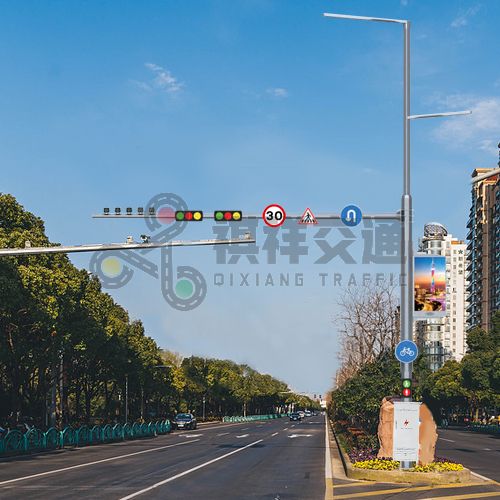Intelligent Traffic Control Systems (also known as ITS) are a revolutionary solution to the growing problem of traffic congestion. This advanced technology utilizes various sensors, cameras, and algorithms to efficiently manage the flow of vehicles on the road. By analyzing real-time data and making intelligent decisions, intelligent traffic control systems offer many advantages over traditional traffic management methods. Let’s dive into some of the key advantages offered by intelligent traffic control systems.
Reduce traffic congestion
First, intelligent traffic control systems can greatly reduce traffic congestion. By monitoring traffic conditions in real-time, the system can identify areas of congestion and take immediate action to alleviate the problem. For example, if there is heavy traffic at an intersection, the system can adjust traffic signals accordingly and divert traffic to an alternate route. This dynamic management of traffic flow can significantly reduce travel times and increase the overall efficiency of roads.
Enhance safety
Another major benefit of an intelligent traffic control system is its ability to enhance safety. The system can detect and respond to dangerous situations such as accidents, breakdowns, and even jaywalkers. By alerting authorities and emergency services in real-time, the system ensures a rapid response to these events, improving driver and pedestrian safety. Additionally, the system can implement adaptive traffic signals that adjust timing based on traffic volume and patterns, reducing the risk of collisions and improving road safety.
Improve fuel efficiency, reduce carbon emissions
Additionally, intelligent traffic control systems help improve fuel efficiency and reduce carbon emissions. By optimizing traffic flow and reducing congestion, the system minimizes the time vehicles spend idling in traffic. This not only saves fuel for the driver but also significantly reduces overall fuel consumption. As such, it has a positive impact on the environment, lowers carbon emissions, and promotes a greener and more sustainable transport system.
Enable efficient traffic planning
In addition to the immediate benefits, intelligent traffic control systems enable efficient traffic planning. By collecting and analyzing historical traffic data, city authorities can gain valuable insights into traffic patterns, peak hours, and travel demand. This information can be used to develop better transport infrastructure, such as road extensions, new routes, or improved public transport systems. With accurate data, authorities can make informed decisions and allocate resources efficiently, improving traffic management in the long term.
Improve the overall quality of life
Additionally, intelligent traffic control systems can improve the overall quality of life. Reduced traffic congestion and improved traffic flow can reduce the frustration and stress of an individual’s commute. With less traffic time, people have more time to focus on other activities such as work, family, or personal hobbies. In addition, improved road safety and reduced pollution create a healthier environment for residents and visitors, improving the city’s overall livability.
In conclusion, intelligent traffic control systems have many advantages over traditional traffic management methods. From reducing congestion and improving safety to improving fuel efficiency and enabling effective planning, this advanced technology has changed the way our roads work. As urban areas continue to grow, the adoption of intelligent traffic control systems is critical to ensuring a smooth, efficient, and sustainable future transportation network.
If you are interested in Intelligent traffic control system, welcome to traffic light manufacturer Qixiang to read more.
Post time: Jun-30-2023







